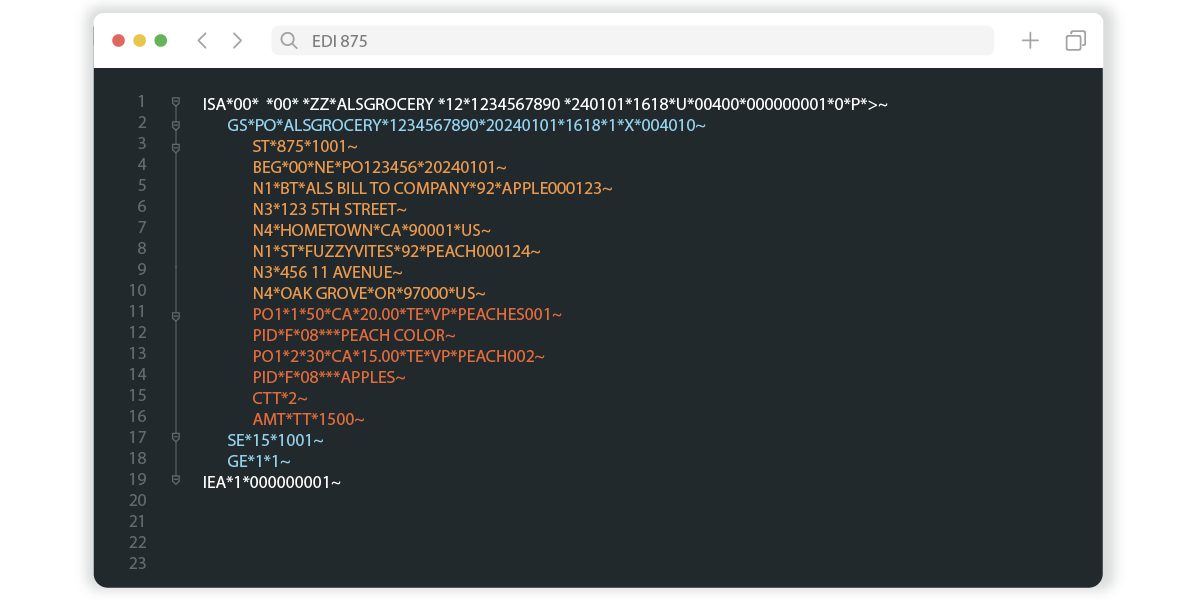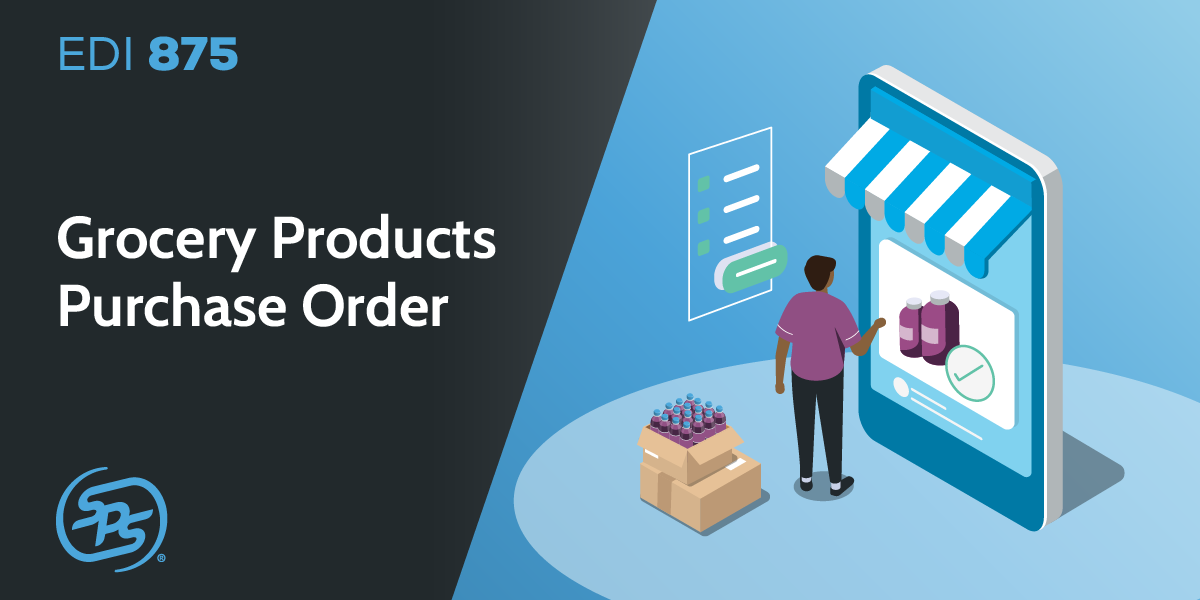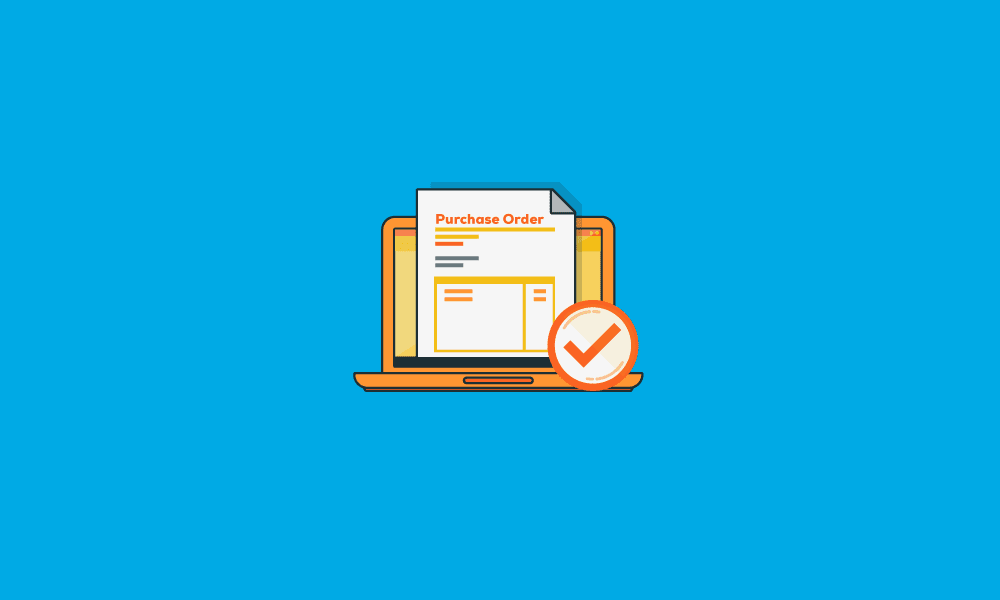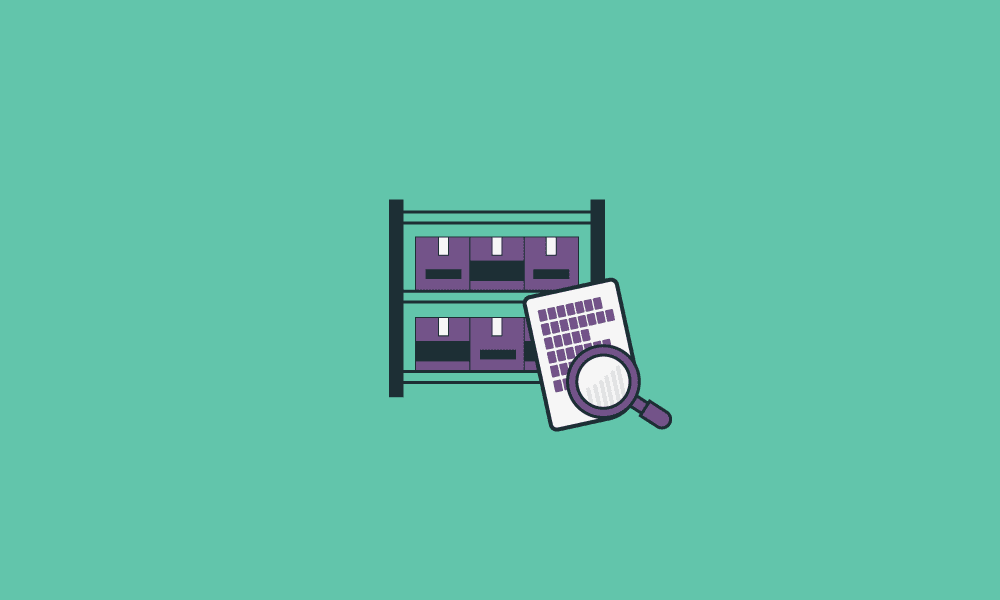EDI 875 format

The EDI 875 is used to place orders for grocery products. Here are the key elements of its format:
G50: Purchase order identification—This segment provides the purchase order number, date and other identifying information.
N1/ N2/N3/N4: Name information, address information and geographic location—This segment identifies the parties involved in the transaction using standardized codes. It provides additional identification and location details for the parties involved.
G62: Date/time—This segment specifies dates and times relevant to the transaction, such as the requested ship date or delivery date.
G66: Transportation instructions—This segment provides transportation and shipping instructions.
G68/G69/G70: Line item detail—This segment details the products being ordered, including item identification, quantity, unit of measure, price and product descriptions.
G23: Terms of sale—This segment specifies the terms of sale and repayment.
FOB: FOB-related instructions—This segment provides information on the Free on Board (FOB) terms.
ITD: Terms of sale/deferred terms of sale—This segment details payment terms, including discounts and due dates.
TD5: Carrier details (routing sequence/transit time)—This segment provides routing, carrier and transit time details.
CTT: Transaction totals—This segment contains the transaction totals, such as the number of line items and total quantities ordered.
How is the EDI 875 used?
It enables the electronic exchange of purchase order information, including product identification, quantities, prices, delivery dates and shipping instructions. This transaction set ensures that all necessary information for ordering grocery products is accurately and efficiently communicated between the buyer and the seller.
Benefits of using the EDI 875
Improved accuracy: Reduces manual entry errors, ensuring order details are correctly captured and transmitted.
Time savings and increased efficiency: Automation streamlines and expedites the creation and sending of purchase orders.
Enhanced visibility: Better planning and inventory management, reducing the risk of stockouts or overstock situations.
Stronger trading partner relationships: Provides a reliable and standardized method for communicating order information, enhancing trust and collaboration.
Data accuracy and completeness:
Incorrect item numbers or descriptions: Errors in item numbers or descriptions can lead to the wrong products being ordered.
Missing information: Essential data like delivery dates, quantities, or pricing might be incomplete or missing, causing delays or incorrect orders.
Integration and
compatibility problems:
Software compatibility issues: Different trading partners might use various EDI standards or software that are not fully compatible, leading to data misinterpretation.
Integration with internal systems: Challenges in integrating EDI 875 data with your internal inventory, ERP or order management systems can result in processing delays or errors.
Communication and
transmission errors:
Transmission failures: Issues with the communication network or EDI VAN (Value Added Network) can result in failed transmissions, leading to orders not being received or acknowledged.
Errors in acknowledgments (EDI 997): Problems with receiving or interpreting functional acknowledgment can cause confusion about whether the order was successfully received and processed.
Automate 875 Grocery Products Purchase Order with Full-Service EDI
Starting the order cycle with an EDI 875 is the first step in a streamlined order process. Instead of submitting orders via phone or email, EDI ensures that all the necessary data is included and that the order reaches the vendor. The automated approach uses EDI to share details easily and completely. SPS Commerce is a full-service provider of EDI and other solutions. We have the reliable EDI cloud-based software and experts to manage day-to-day EDI operations with suppliers, making the EDI 875 easy to send to EDI-capable vendors.

SPS has retail and technology experts ready to address any EDI concerns and ensure that your orders flow seamlessly to your suppliers.
Our full-service approach is unmatched and gives you the freedom to focus on other areas of your business. Our teams monitor your EDI flow, but that’s just the beginning. We manage every step from setup to testing with your suppliers, ensuring compliance and delivering global support. And, if you want to modify your EDI 875 requirements, SPS will help your suppliers to comply with any changes, not you.
SPS Commerce Fulfillment proactively automates your EDI and other data transactions, such as APIs. With SPS managing your EDI operations, imagine all the other initiatives you could address?
Interested in learning more?
Additional EDI Resources
Enter a virtual library of information about EDI for suppliers, vendors and distributors to provide you with the product knowledge you need to power your business.
Ultimate List of EDI Transactions
Here are some of the most common documents and transactions that are supported through EDI automation.
Five Top EDI Documents to Automate
When you automate your most-used EDI documents, it can significantly cut down keystrokes and speed up processes.
EDI Glossary
Terminology including retail definitions, order management models, supply chain roles, software and distribution channels.
EDI for Suppliers & Vendors
Discover how leading vendor and supplier businesses are serving their customers better with EDI solutions from SPS Commerce.





